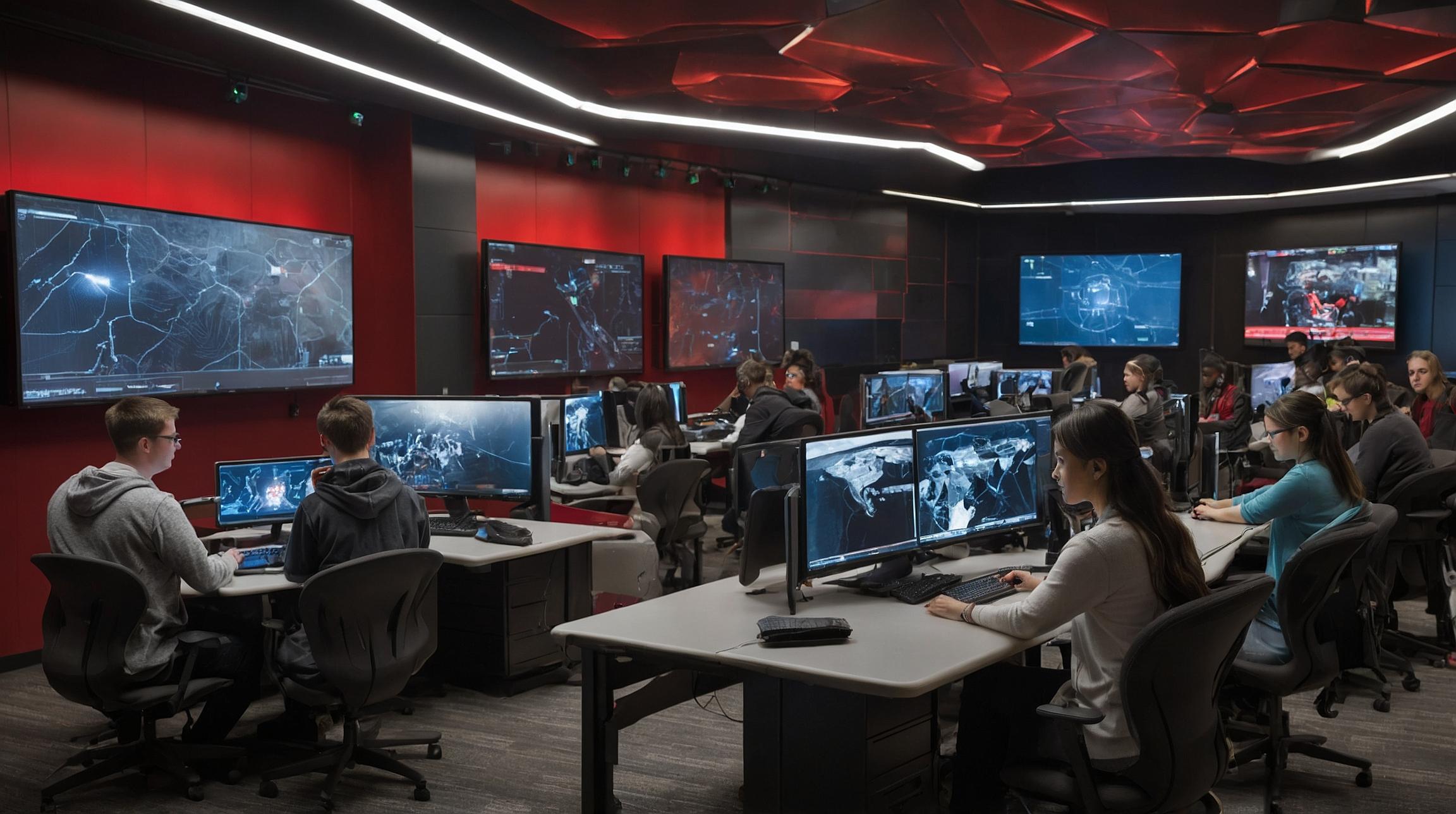University of Nebraska Expands Curriculum with Esports Media and AI Programs
The University of Nebraska is stepping up its educational offerings by introducing courses in esports media and artificial intelligence (AI). These programs aim to equip students with skills needed for modern, technology-driven careers.
Esports Media Program
The University has launched an undergraduate certificate in esports media and communication, hosted by the College of Journalism and Mass Communications at the University of Nebraska-Lincoln (UNL). Esports, or competitive video gaming, is a booming industry with audiences predicted to reach 1.41 billion by 2025, according to NU Systems President Dr. Jeffery Gold.
The 15-credit-hour program is designed to prepare students for careers in esports-related media, communications, and promotion. It's open to students of any major at UNL, as well as non-degree students. This certificate program leveraged existing courses to provide a comprehensive learning experience.
Artificial Intelligence Degree
In addition to esports media, the University has set up a Bachelor of Science degree in AI. This degree program will be managed by the Department of Computer Science in the College of Information Science and Technology at the University of Nebraska-Omaha, with contributions from UNL's data science coursework.
The AI degree focuses on AI and machine learning, which are fields experiencing rapid change and growth. Dr. Gold highlighted that AI is transforming daily life and emphasized the University's commitment to being on the leading edge of this evolution. AI technologies are expected to impact various sectors like agriculture, healthcare, and national security, presenting a fertile ground for new innovations.
Institutional and Student Support
UNL Chancellor Rodney Bennett and Student Regent Elizabeth Herbin have voiced robust support for these new programs. Chancellor Bennett pointed out the transformative potential of AI in sectors critical to Nebraska's economy, while Student Regent Herbin expressed enthusiasm on behalf of the student body for the opportunities these programs present.
Looking Forward
Upon the board's approval, Dr. Gold announced the formation of a working task group to explore the applications of generative AI within the University's operations. This task group will delve into both the benefits and ethical considerations of AI, ensuring that University activities remain forward-thinking and responsible.
This step by the University of Nebraska marks a significant investment in future-proofing its students, preparing them to navigate and lead in a world increasingly shaped by emerging technologies.













